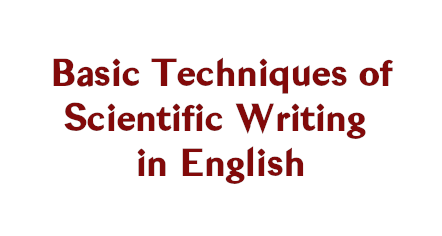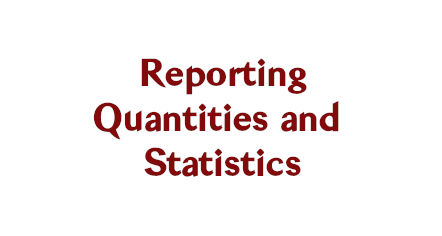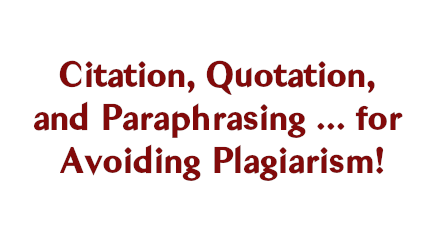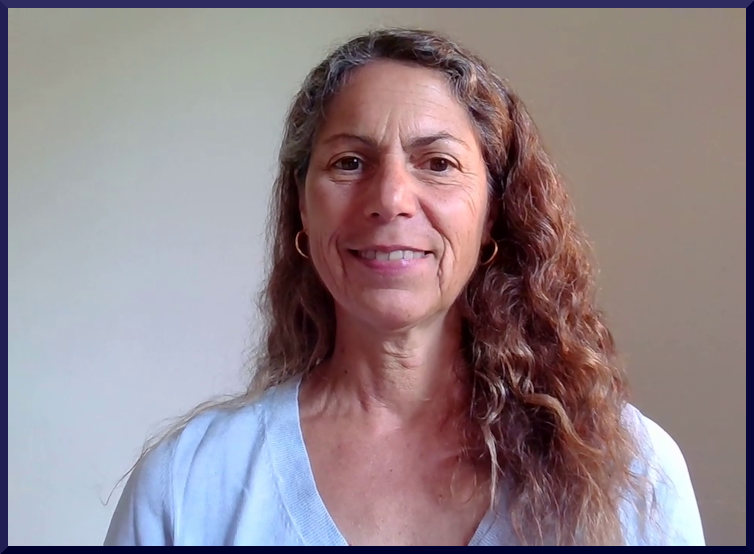-
Welcome to the EBW training program
-
Available courses

This workshop focuses on key concepts of English grammar and style pertinent to writing research articles. Covered topics reflect real writing challenges for early career researchers
and fall into three main areas: macro-level writing (sentences,
paragraphs, sections), sentence-level issues (verb tenses and voice, working with nouns,
expressing claims, and making
comparisons), and micro-level details (capitalization and
abbreviations). All teaching examples in the workshop derive from the recent biomedical literature.
The workshop has eight units. Each unit offers one or two video lessons (total, 4 h 40 min), a printable two-page summary, a moderated discussion forum, and a quiz. Quiz questions are randomly drawn from a bank of 250 questions, so each
time a quiz is repeated a new set of questions is proposed. Participants
should repeat each quiz until they can correctly answer every question;
they can continue to repeat quizzes for reinforcement.

The heart of a research article is the Results section, so presenting numerical data in text is a critical aspect of documenting our research. This workshop presents and explores international standards, guidelines, and conventions on the accurate reporting of quantities (i.e. numbers with units of measurement) and statistics.
First, we investigate techniques for writing about quantities. We learn how to: use SI units, report concentrations, respect accuracy and precision, and work with significant digits and decimal places. Our emphasis is both technical and linguistic, because writing about quantities involves both accurate scientific formulations and correct English grammatical “packaging” (e.g. verb tenses, sentence structure and prepositions).
Then, we discuss how to present statistical results in text. Because writing about statistics is easier when our statistical notions are clear, the course reviews statistical concepts and terminology before explaining how to write sentences that properly summarize our statistical findings. A unique feature of this workshop is that we discuss the substantial divide – between medicine and biology – in how statistical analyses are done and how statistical results are interpreted and described in text. Advice for biomedical researchers whose work bridges medicine and biology is also given.

Online workshop in development
A research paper presents both new and existing information—the ideas, words, and data of other researchers. When we borrow this existing information to use in our research articles, we must attribute the content to the originators. Called attribution, this task is accomplished using the techniques of citation, quotation, and paraphrasing, which altogether allow us to avoid accusations of plagiarism. This workshop starts by taking an in-depth look at the correct use of citation in research articles. It goes on to examine the rare, puzzling use of quotation marks in scientific writing. Then, the workshop presents and practices a method for paraphrasing that allows one to produce original text rather than regurgitate already published words. The professional implications for researchers who inadequately paraphrase or use "copy-paste" are discussed.
